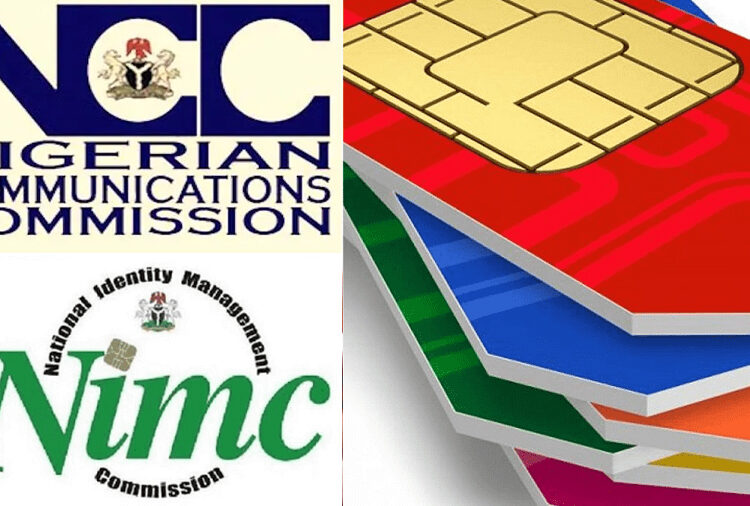The twin evil called Call masking and Subscriber Identity Module (SIM) boxing, has robbed Mobile Network Operators (MNOs) of millions of naira in recent times.
According to Infosys BPM, SIM boxing became a serious threat in the advent of the COVID-19 pandemic, where many workers were asked to work from home. „Global communications businesses proliferated in the pandemic years with the rise of work from home (WFH). At the same time, businesses suffered from rising fraud management cases as newer and more complex methods of fraudulent activities robbed telecom corporations of billions of dollars.
“Such frauds have not only dented businesses financially but have also caused a loss of reputation and trust, triggering customer churn. In its latest Fraud Loss Survey report, the Communications Fraud Control Association shows an estimated global fraud loss in the telecom industry at $39.89 billion – about 2.22 percent of the total global revenue from this industry. SIM box fraud features among the top telecom scams in the past few years,” it disclosed.
The Fraud Loss Survey Report 2021 has pegged losses from SIM box fraud and the broader interconnect bypass fraud at $3.11 billion, or 7.8 percent of global telecom fraud losses.
In Nigeria, it was estimated to cost the country over $3 billion. When the issue was first brought to the front burners about seven years ago, operators lamented that they were losing about 2.5 million minutes per day to the activities of the fraudsters.
The Nigerian Communications Commission (NCC) said the practice began sometime in 2016 when it reviewed and implemented the termination rate for international inbound traffic from N3.9 per minute to N24.4 per minute.




